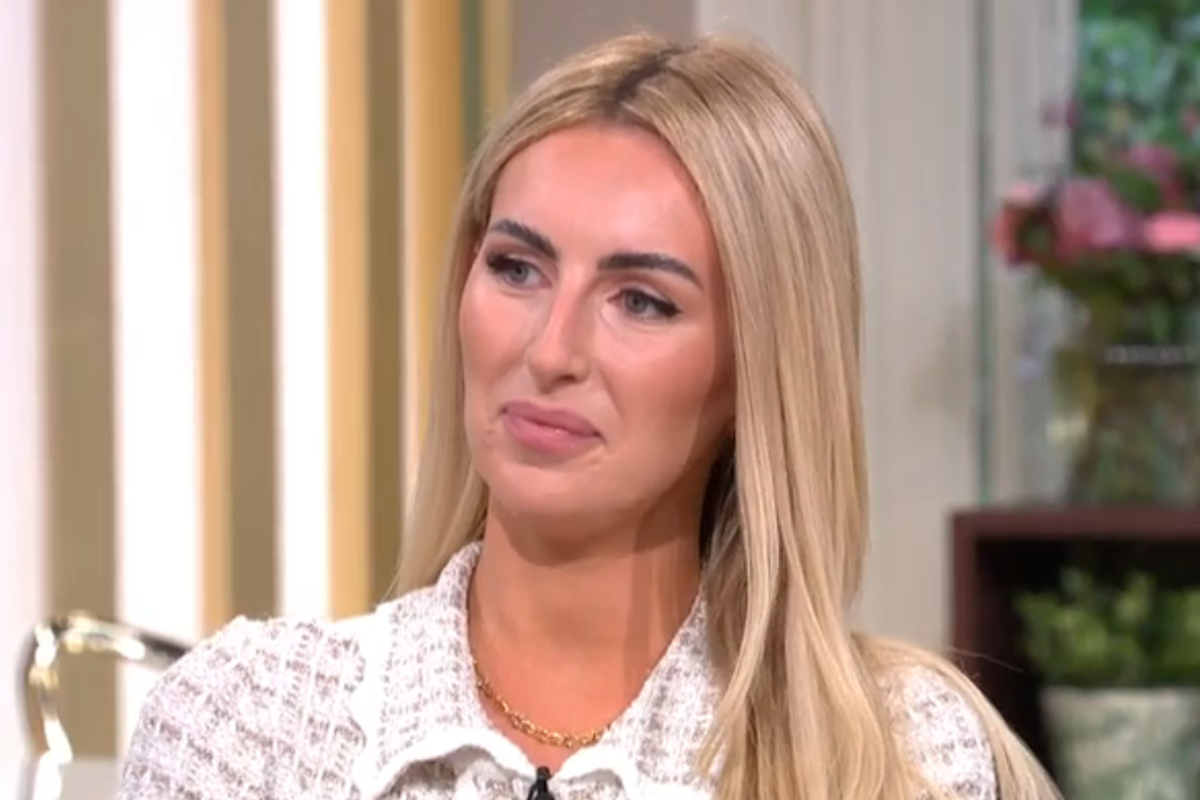Michaella McCollum, notorious for her role in a high-profile drug trafficking case, has recently shared candid insights into her challenging experience on Channel 4’s demanding reality program, “SAS Who Dares Wins,” describing the interrogation segment as profoundly hostile.
McCollum’s journey into public notoriety began in 2013 when she, alongside a co-conspirator, was apprehended in Peru for attempting to smuggle cocaine across international borders. The pair’s audacious attempt to transport a significant quantity of illicit narcotics, estimated at £1.5 million, on a flight bound for Spain, resulted in their swift arrest and subsequent sentencing.
Initially handed a six-year term in the austere Ancon 2 prison, McCollum was eventually granted parole in 2016, marking the beginning of her reintegration into society. Since her release from the Peruvian prison system, she has navigated a complex public life, often fielding offers from various media outlets for tell-all appearances or reality television opportunities.
Despite enduring years within the confines of a South American correctional facility, McCollum revealed on “This Morning” that the rigorous interrogation phase of “SAS Who Dares Wins” proved surprisingly difficult for her. This segment, designed to mentally and psychologically challenge participants, pushed her to unexpected limits, transcending even her past traumatic experiences.
She explicitly stated that the questioning administered by the show’s seasoned instructors was “extremely hostile,” a stark descriptor that underscores the intense pressure and confrontational nature of the exercise. McCollum, however, maintained that despite the discomfort and severity, “SAS Who Dares Wins” was the sole reality television series she genuinely considered, a testament to its unique appeal among countless offers.
Her participation ignited considerable debate among viewers, particularly on social media platforms like X/Twitter. Many questioned her status as a “celebrity,” arguing that her involvement in an “A-list” edition of the grueling special forces program was inappropriate given her past, highlighting ongoing public perception challenges for individuals with criminal histories.
Conversely, figures like Jason Fox, a presenter on “SAS Who Dares Wins” and former special forces operative, publicly defended McCollum’s right to participate. Appearing alongside her, Fox passionately argued that “reformed” individuals, having served their time, should be afforded opportunities to contribute to society and engage in programs that can aid their personal growth and public rehabilitation.
This episode sparks a broader conversation about second chances, the nature of celebrity, and society’s willingness to forgive or acknowledge personal transformation. Michaella McCollum’s journey from cocaine smuggling conviction to reality television contestant encapsulates complex societal views on justice, redemption, and media scrutiny, making her appearance a compelling case study.
Her candid revelations about the show’s intensity, contrasted with her past incarceration, provide a unique perspective on resilience and the psychological impact of extreme challenges, keeping audiences engaged with both her personal story and the demanding nature of military-style reality programs.






Leave a Reply